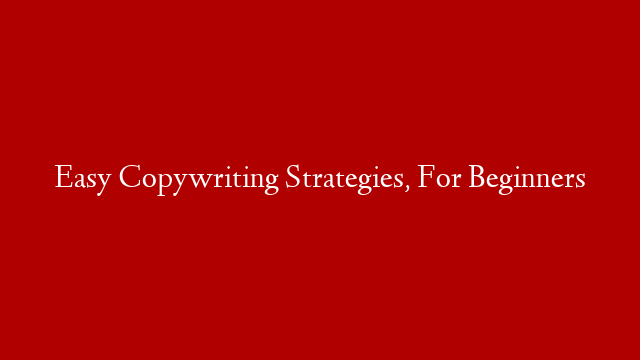When you’re dealing with a copywriter, a few terms may come up that you’re not familiar with. If that happens, never be afraid to speak up; copywriters are pros at translating industry jargon into layman’s terms, and they’ll happily help you out. But if you’d rather go into the conversation looking like a pro yourself, here is a rundown of some of the basic copywriting terms and what they mean.
Benefits: The way your product or service can help your prospect or fulfill their needs (as compared with features).
Call out: An additional piece of copy in your project that is “called out” with graphics, such as an information box (often called a sidebar) or featured quote (often called a pull quote).
Call to action: The specific action you want a prospect to take after reading your marketing materials, such as call a toll-free number or send in a reply card.
Case study: A one-to-five page success story explaining how your client solved their problems using your product or solution.
Collateral: Any form of printed marketing material, such as a brochure or sell sheet.
Content marketing: Giving prospects and clients material they want to read (such as articles and white papers) instead of promotional material (such as brochures).
Features: The qualities or specifications of your product, such as its measurements and materials (compare to benefits).
Landing page: The page a visitor “lands” on when they enter a web address or click on a link to your website from another website.
Microsite: A miniature website with a narrow focus, such as a product- or campaign-specific website. A microsite is usually three to five pages and often contains in-depth visitor tracking or analytics capabilities.
Nurturing: Keeping in touch with prospects who are not yet ready to buy your product or service.
Sell sheet: a one-page information sheet listing the key features and benefits of a product or service.
Tag line: A brief phrase that accompanies your company name; the best state a key benefit. For example, “Nothing runs like a Deere” and “Every kiss begins with Kay”.
Thought leader: A person within your company or organization that has unique, innovative or interesting ideas about what’s going on in your industry, and whose expertise may be tapped for copywriting and marketing projects.
Unique selling proposition: The key thing about your product or service that makes it different or better from others on the market. What is the one reason your prospects want and need your product?
White paper: A three-to-ten page report that describes an issue or challenge in your field or industry and presents solutions for solving that challenge.


